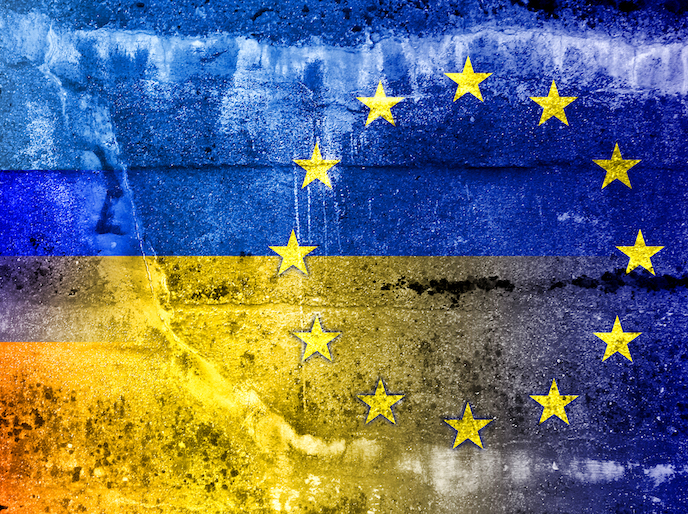Being queer and Polish in Brexit Britain
It’s difficult to estimate how many Polish people migrated to the United Kingdom (UK) after the EU’s enlargement in 2004, but according to the British Office for National Statistics(opens in new window) by the end of 2018 there were about 905 000 Poles living in the UK. At least some of those migrants were LGBTQ, but there are no reliable estimates on how many or the specific challenges they face. EU project FACELOOK has carried out the first study of its kind into how LGBTQ Poles feel about their identity in contemporary Britain. “While there is plenty of research about Polish diaspora in the UK, large-scale research into the experiences of Polish LGBTQs in the UK is virtually non-existent,” says Lukasz Szulc, lecturer in Digital Media and Society at the University of Sheffield(opens in new window). With the support of the Marie Skłodowska-Curie programme, and supervised by Myria Georgiou, professor at LSE, Szulc surveyed almost 800 people online and carried out 30 in-depth interviews. He released the results this month in ‘Queer #PolesinUK: Identity, Migration and Social Media’(opens in new window). FACELOOK discovered these migrants are ignored when Polish people are discussed in the UK and even in LGBTQ surveys. Part of the reason is that Polish people are perceived as being Catholic, conservative, sexist and homophobic, sharing similar views to the ruling party in Poland. “This leaves little space for acknowledging the lives, experiences and challenges of Polish LGBTQs in the UK,” says Szulc. In fact, a quarter of those surveyed said LGBTQ issues were one or the main reason for seeking a new life in the UK where same-sex marriage is legal. “While they characterised Poland by negative associations with ‘homophobia’, ‘intolerance’ and ‘lack of acceptance’, they attributed more positive associations to the UK, including ‘openness’, ‘tolerance’ and ‘freedom’,” writes Szulc.
Poisonous atmosphere
But the Poles interviewed also told of the xenophobia they have experienced in person and on social media after the Brexit referendum. Strangers, neighbours and colleagues told some ‘go back to your country’ or ‘the NHS will be only for the British people’. Szulc was surprised to find most intend to stay, probably because they have built their lives and shaped their identities in the UK, helped by learning about new terms on social media: “A significant number of young respondents reject such identities as ‘gay’ and ‘lesbian’ and embrace more fluid and non-binary identities such as ‘gender fluid’ and ‘pansexual’.” Szulc presented the life stories of some of his interviewees in performance events held in London and Sheffield, bringing together the general public along with Polish LGBTQ people, artists and DJs. Szulc hopes FACELOOK will start to give Polish LGBTQ people a wider voice in Poland and in the UK, and wants the perspective of queer migrants included in the LGBT Action Plan proposed by the UK Government Equalities Office. Szulc also wants LGBTQ-friendly legislation in Poland: “It is truly heart-breaking to talk to Polish LGBTQs in the UK who say they would love to live in Poland together with their families, that they love Poland, but they cannot imagine themselves living there because of the intensified anti-LGBTQ climate in the country.”







